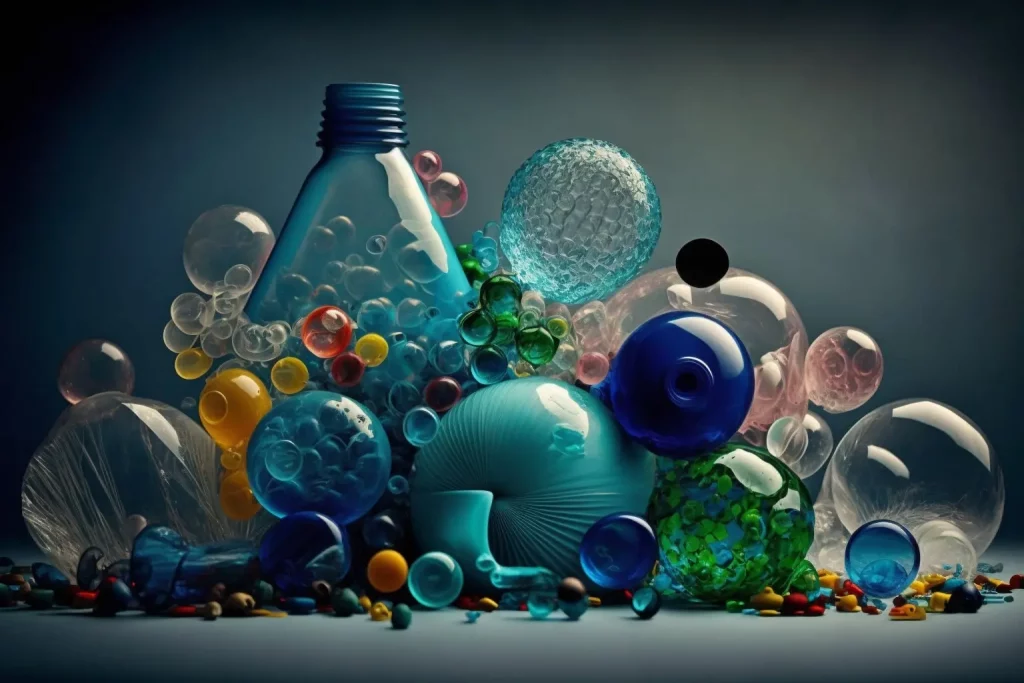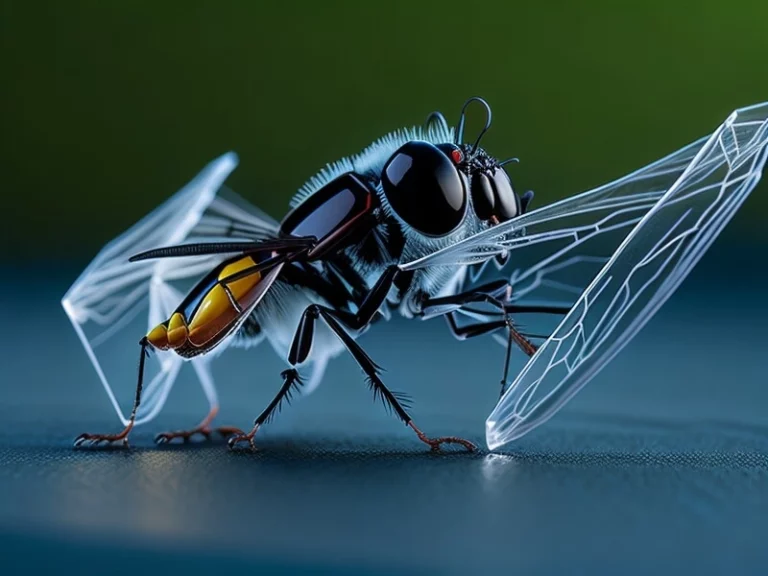A team of researchers from Tokyo Metropolitan University led by Associate Professor Hiroki Miura has developed a new catalyst that can help turn plastic waste into useful organosilane compounds.
The team has applied a hybrid catalyst material consisting of gold nanoparticles supported on a zirconium oxide support. The catalyst takes ether and ester groups, both abundant in plastics like polyester and biomass compounds like cellulose, and helps them react with a silicon-containing compound known as a disilane.
Under mild heating in solution, they successfully created organosilane groups where the ester or ether group was situated.
What are Organosilanes and their benefits?
Organosilanes are organic molecules with a silicon atom attached to form a carbon-silicon bond.
They are valuable materials in high-performance coatings and intermediates in the production of pharmaceuticals and agrochemicals. The products of the reaction are themselves valuable compounds, ready for new applications.
The team hopes that this new route to organosilane production forms part of our pathway to a carbon-neutral future, where plastics do not make their way into the environment, but into more useful products in society.
The Mechanism Behind the Reaction
Through detailed studies of the mechanism, the team found that the cooperation between the gold nanoparticles and the amphoteric (both basic and acidic) nature of the support was responsible for the effective, high-yield conversion of the raw material under mild conditions.
Environmental Benefits of the Process
Given that plastic waste disposal often requires combustion or harshly acidic/basic conditions, the process itself already provides an easy route to decompose polyesters under much less demanding conditions. This potentially makes the conversion process itself an environmental burden.
The importance of recycling plastics
Recycling plastics is important for several reasons. First, it helps to reduce the amount of plastic waste that ends up in landfills and oceans.
This waste can take hundreds of years to decompose, and in the meantime, it can harm wildlife and pollute the environment. Second, recycling plastics helps to conserve natural resources.
By recycling plastic, we can reduce the need for new plastic production, which requires the use of fossil fuels and other resources. Finally, recycling plastics can help to create new jobs and stimulate economic growth.
By recycling plastic, we can create new products and industries, which can help to boost local economies.
Conclusion
In conclusion, the team’s new catalyst provides an easy route to decompose polyesters under much less demanding conditions.
The products of the reaction are themselves valuable compounds, ready for new applications. The team hopes that this new route to organosilane production forms part of our pathway to a carbon-neutral future. Where plastics do not make their way into the environment, but into more useful products in society.
Interested in the topic? Read this other article on Why Sustainability Matters In Tech, And How To Make A Difference.
Reference
EurekAlert. A new catalyst helps turn plastic waste into useful organosilane compounds. Link to the source





